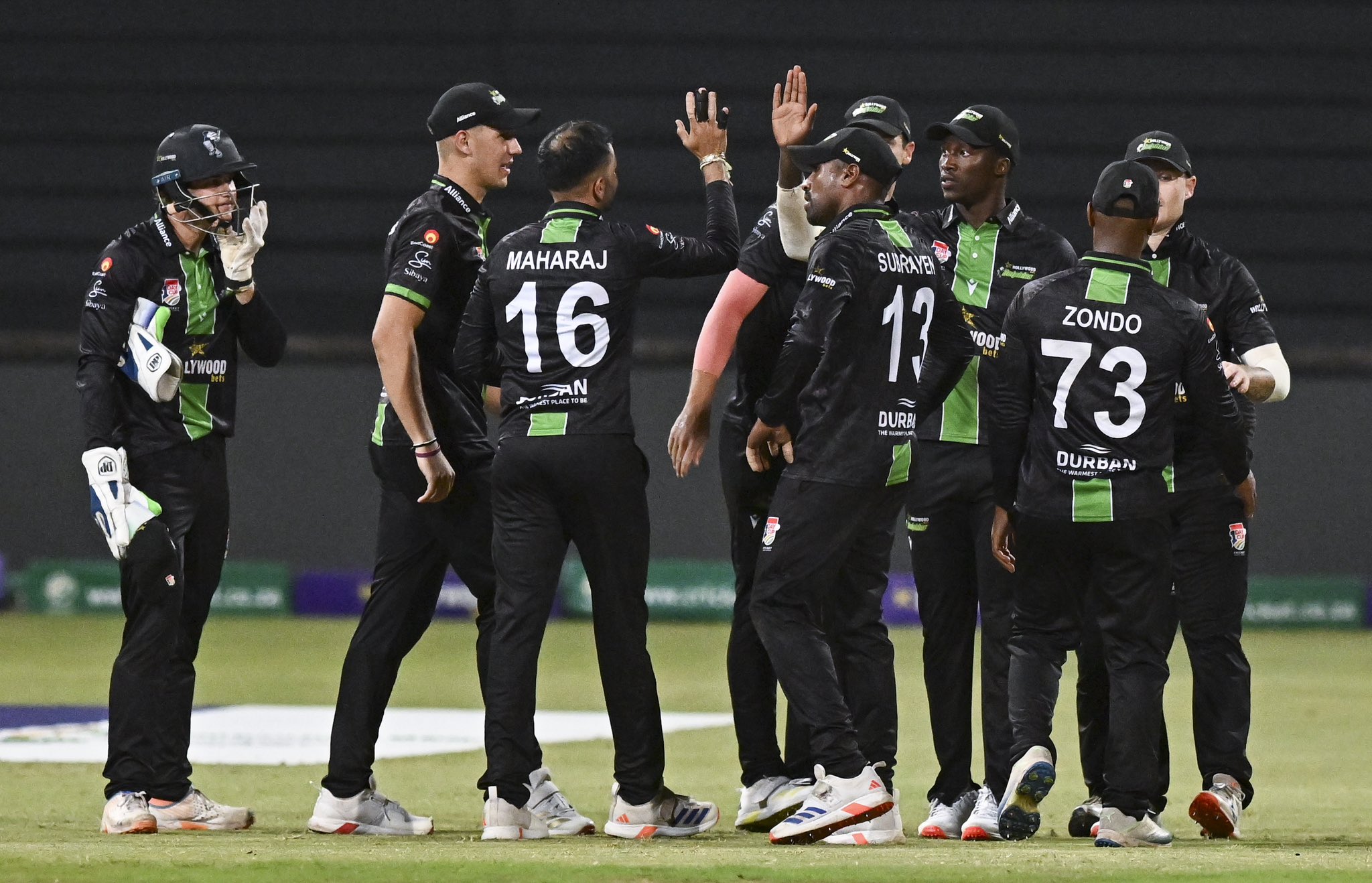The goal should not just be meeting quotas but building a system where diversity naturally thrives, making cricket stronger in the long run and ensuring that no one feels left out or marginalised.
By Tuka Letura
Cricket is more than just a sport in South Africa; it is a passion, a legacy, and, for many, a symbol of progress. From children playing in the streets to packed stadiums cheering on the Proteas, the game runs deep in the country’s culture. South Africa has produced cricketing greats such as Jacques Kallis, AB de Villiers, and Makhaya Ntini. The national team is known for its competitiveness on the world stage. But beyond the excitement of the game, cricket also carries the weight of the country’s history.
For years under apartheid, cricket was predominantly a game for the white minority, leaving little room for black players to break through. Even after apartheid ended, the effects of those years lingered. It was only in 1998 that Makhaya Ntini joined the national team, becoming the first Black player to play a test for South Africa.
Many talented black African players struggled to gain the same opportunities. To address this imbalance, Cricket South Africa (CSA) introduced policies to ensure greater diversity in teams.
These Transformation Policies require domestic teams to include at least six players of colour, with a minimum of three being black African. The national team follows similar guidelines, aiming for an average of six players of colour per season, including at least two black African players.
The goal is clear: cricket should be fair and inclusive. However, not everyone agrees on how this should be achieved. Some argue that these rules create opportunities that would not otherwise exist, while others contend that selection should be based purely on talent.
Recently, CSA reviewed a match between the Dafabet Warriors and the Hollywoodbets Dolphins and determined that the Warriors did not meet the transformation requirements. Specifically, they breached Clause 3.2.2 of the CSA Administrative Conditions, which states: “Teams must field a minimum of three black African players in the starting eleven”.
As a result of this breach, the Warriors lost all their match points, while the Dolphins were awarded four points. However, no bonus points were given. The Warriors were also fined, with half of the fine to be paid immediately and the other half suspended for five years. This means they will only have to pay the remainder if they breach the rule again.
As a consequence of this penalty, the Warriors are now out of the 1-Day Cup playoffs, altering the final standings of the competition.

The transformation targets in South African cricket are intended to give everyone a fair chance to play, succeed, and lead in the sport. During apartheid, cricket was primarily played by a small group, and many talented players from other communities were excluded. Today, these rules help change that by ensuring teams seek out and develop players from all backgrounds.
This rule is not just about meeting a quota, though that was the intention when it was drafted. It was meant to symbolise progress and fairness, sending a strong message that cricket is for everyone, not just one group.
By including more players from disadvantaged backgrounds, the sport creates role models for young people who might not have previously seen a future in professional cricket. In a country still working to overcome racial inequality, these changes can make a significant difference, not just in sports, but in society as a whole.
While the intent behind the transformation rule is widely acknowledged as positive, its practical application raises concerns. Without such regulations, black African players and other players of colour might still face limited opportunities in professional cricket. The rule has undoubtedly helped expand the talent pool, making the sport more inclusive and reflective of South Africa’s diverse population.
However, from an analytical perspective, strict enforcement of quotas can sometimes create challenges. A rigid approach may, at times, limit merit-based selection, forcing teams to make difficult decisions that prioritise compliance over competitive strategy.
The recent case, in which a team lost a playoff spot for being one black African player short, highlights this issue. Situations like these raise questions about whether the rule, in its current form, strikes the right balance between inclusivity and maintaining the highest level of competition.
While the long-term benefits of transformation are clear, it is important to consider how such policies can be applied in a way that supports fairness without unintentionally disadvantaging teams in critical moments.

The transformation targets influence team selection and strategy at multiple levels. Coaches and selectors now have to consider not only the technical and tactical abilities of players but also their eligibility under these criteria.
This dual focus can lead to innovative team compositions and training regimes. Teams may invest more in grassroots programmes to ensure a steady pipeline of talented players from underrepresented communities. Over time, this could result in a richer, more diverse talent pool from which selectors can choose the best players for their squads.
However, the balancing act between maintaining competitive excellence and meeting transformation targets is delicate. In tightly contested competitions, every match is critical, and a misstep in meeting the quota could have significant repercussions, as seen in the recent playoff debacle.
It forces selectors to make tough decisions: should they stick to the quota, or take a risk on an alternative combination that might boost their chances of winning in the short term?
Is the regulation necessary in its current form, or could it be refined to achieve the same goals without potential drawbacks? While the intent behind transformation targets is clear—ensuring representation and inclusivity—there may be room for improvement.
The rigid enforcement of these policies raises concerns about whether they sometimes hinder rather than help. A system that prioritises merit alongside structured development might better serve both the sport and society.

Beyond cricket, these policies reflect South Africa’s broader efforts to create a more inclusive society. Sport has the power to unite people, challenge stereotypes, and shape national identity. When young black African players see role models excelling at the highest level, it reinforces the belief that success is about talent and hard work, not just background. This impact extends far beyond cricket fields, influencing aspirations in many aspects of life.
However, how these policies are implemented matters just as much as why they exist. If transformation targets are seen as mere quotas rather than genuine efforts to integrate talent, they risk fostering resentment rather than unity. Striking the right balance is key.
A more flexible approach, where transformation is supported by strong grassroots investment, elite coaching, and regular policy reviews, can ensure that inclusion happens organically rather than feeling imposed. The goal should not just be meeting quotas but building a system where diversity naturally thrives, making cricket stronger in the long run and ensuring that no one feels left out or marginalised.
Tuka Letura is an experienced sports writer with over five years of experience in the craft. He uses data and statistics to provide analysis and commentary. From regional to worldwide competitions, he has covered a wide range of sports-related events and topics. He is devoted to sharing his enthusiasm for sports with his audience and engaging them with interesting anecdotes and viewpoints.




